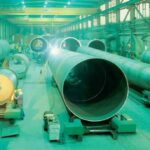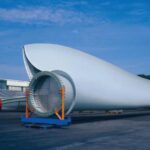Numbers of blades and rotor power
A typical wind power generator consists of essential components that collaborate to transform the wind’s kinetic energy into electricity. These components include:
- Rotor Blades (aerodynamic blades capture wind energy and initiate rotation)
- Hub (connects blades to the main shaft, facilitating energy transfer)
- Main Shaft (transfers rotational energy to the generator)
- Generator (converts mechanical energy into electrical energy)
- Gearbox (optionally, amplifies rotor speed for optimal generator function)
- Yaw System (enables the nacelle to turn toward the wind)
- Nacelle – (houses generator, gearbox, and controls)
- Tower – (supports the entire structure at an elevated height)
Typical Wind Energy System Schematics
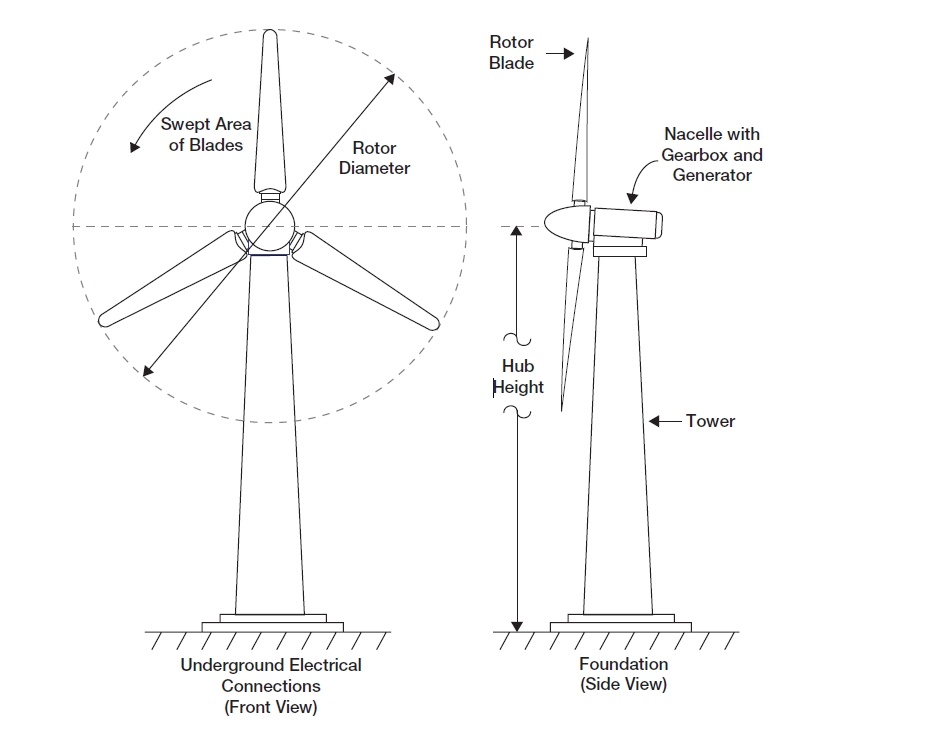
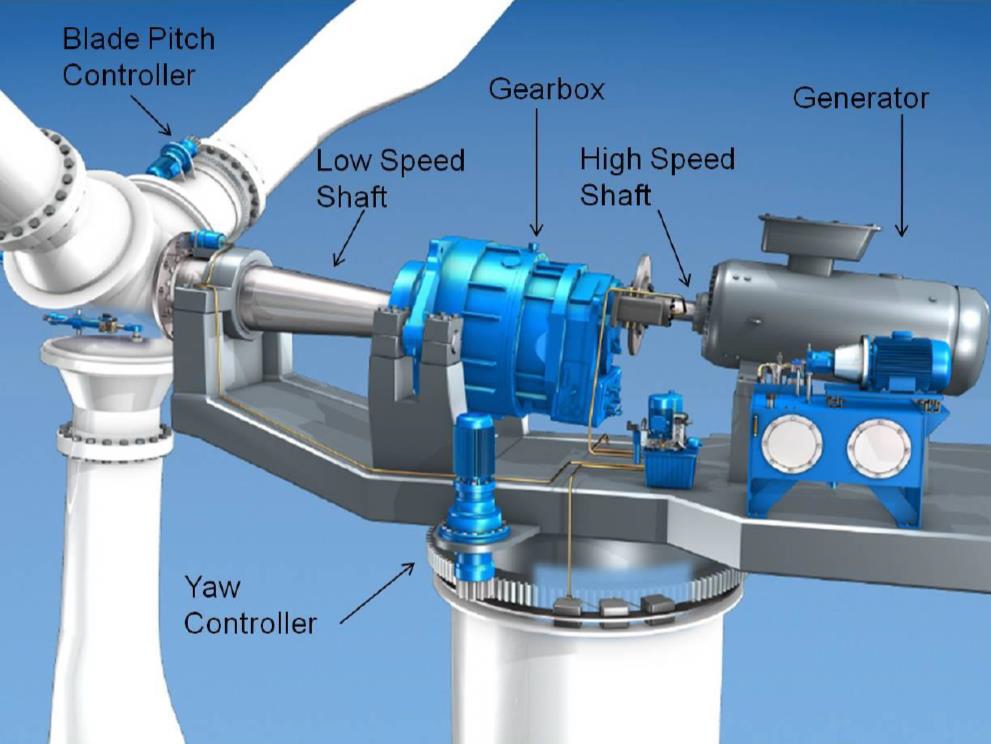
Description of Nacelle

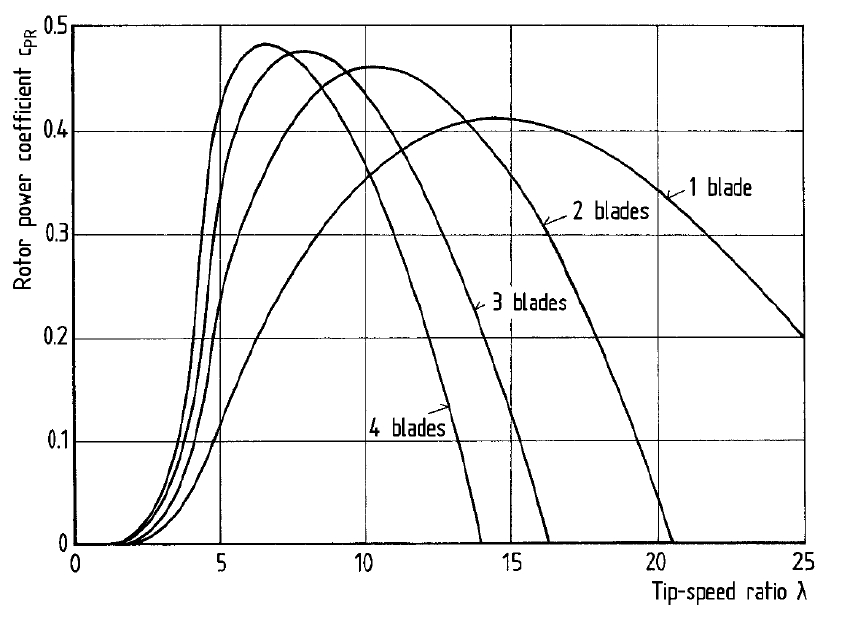
while more rotor blades can potentially enhance energy capture at certain wind speeds, the relationship between blade count and efficiency is nuanced and depends on multiple factors in wind turbine design and operation.In recent years, there has been interest in designs with fewer blades (e.g., two-blade or even one-blade turbines) to reduce costs and increase efficiency by mitigating issues related to wake turbulence. However, these designs have their own set of challenges.
Pre-Fabrication And Transportation For Construction

